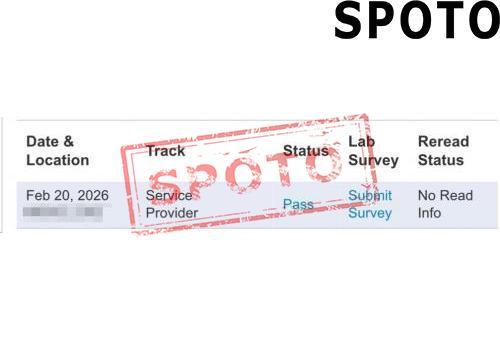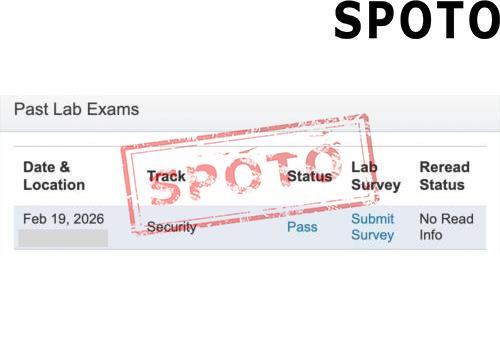
Table of Contents
1. What is a Cloud Engineer?
Cloud Engineer is responsible for connecting the existing enterprise LAN with the network architecture of emerging private and public cloud implementations. As enterprises increasingly migrate their businesses to the cloud, cloud network engineers are responsible for the implementation, configuration, maintenance and support of cloud networks and various other cloud services.
2. What does a Cloud Engineer do?
Cloud Engineers need to have a comprehensive understanding of network technology, including key concepts such as local area network (LAN), wide area network (WAN), virtual private cloud (VPC), intranet and extranet, and master core skills such as routing, switching, firewall, load balancing, and network monitoring and management. In addition, they need to be able to analyze, build, test and optimize enterprise network architectures on mainstream cloud platforms (such as AWS, Google Cloud, and Azure).
In actual work, this role usually collaborates with internal cloud users (such as department heads or application development teams) to promote the deployment, optimization, and continuous operation and maintenance of cloud networks. This usually involves standardizing and repeating network design through automated tools to improve efficiency and consistency.
In addition, they are also responsible for upgrading, maintaining, and patching the network infrastructure that private or hybrid cloud environments rely on, ensuring that the architecture design meets corporate standards in terms of network security and compliance. In a multi-cloud or hybrid cloud environment, Cloud Network Engineers may also need to perform network integration tasks, such as interconnecting private clouds with AWS.
At the same time, this position also bears the responsibility of monitoring cloud network performance, resource utilization, and availability, and formulating network optimization and expansion plans when necessary. Work with other technical teams (such as architects, operations engineers, and IT support) to develop audit standards, operating procedures, training materials, and technical documentation to ensure the stable operation of the cloud network.
Finally, Cloud Engineers also need to deal with network troubleshooting and repair, involving disaster recovery scenarios, and may need to participate in shift duty to ensure that the cloud network environment is available 24/7.
3. Career Insights: Salary, Outlook & Related Roles
(1) Cloud Engineer Salary
According to ZipRecruiter on May 8, 2026, the average annual salary for a cloud engineer in the United States is $109,040. That's about $52.42 per hour. That's equivalent to $2,096 per week or $9,086 per month. Annual salaries can be as high as $158,000 and as low as $31,000, but most cloud network engineers currently make between $89,000 and $133,500, with the highest earners making as much as $143,000 per year across the United States. The average salary range for a cloud network engineer varies greatly, which means there may be many opportunities for advancement and pay increases based on skill level, location, and years of experience.
(2) Job Outlook of Cloud Engineer
According to relevant data, it is expected to grow significantly in the next few years. The increasing adoption of cloud computing by enterprises around the world has driven the demand for skilled professionals who can design, implement and manage complex cloud networks. The employment outlook for cloud network engineers is very strong. This career path offers attractive salaries, various specialization opportunities, and the opportunity to continue learning as technology develops.
(3) Similar Occupations
- Network Engineer (Traditional / Enterprise)
- Cloud Infrastructure Engineer
- DevOps Engineer
- Cloud Security Engineer
- Site Reliability Engineer (SRE)
- Network Automation Engineer
- Solutions Architect (Cloud or Network Focus)
4. What Are the Qualifications to Become a Cloud Engineer?
(1) Obtain a Bachelor's Degree
This career requires job seekers to have a bachelor's degree in computer science, information technology, or a related field.
(2) Develop professional skills
After analyzing 120,916 job openings related to cloud engineers, it was found that network engineering is the most popular professional ability among employers, with about 34% of positions requiring this skill. In addition, network routing, automation technology, computer science foundation, firewall configuration, and switch management are also popular. In terms of general skills, troubleshooting ability is the skill that appears most frequently in recruitment information, followed by communication and coordination, system operation and maintenance, project management, problem solving, and planning ability.
(3) Earn Industry Certifications
When applying for infrastructure engineer positions, it is helpful to obtain certain certifications as they can help you develop the key skills and knowledge required for the position and make your resume more noticeable to employers.Some employers prefer to hire candidates with experience in sales or a related technical field, such as engineering or IT strategy.
CCIE Enterprise Infrastructure certification demonstrates your proficiency in complex enterprise infrastructure solutions, from design and deployment to operations and optimization. Earn Cisco Certified Internetwork Expert (CCIE) Enterprise Infrastructure certification and become a Cloud Engineer.
5. Summarize
Cloud engineers play a key role in building and maintaining cloud-based network systems. Their responsibilities span design, security, automation, and performance monitoring. With high demand, competitive salaries, and an evolving technology landscape, this career offers long-term opportunities for professionals with the right education, skills, and certifications.










